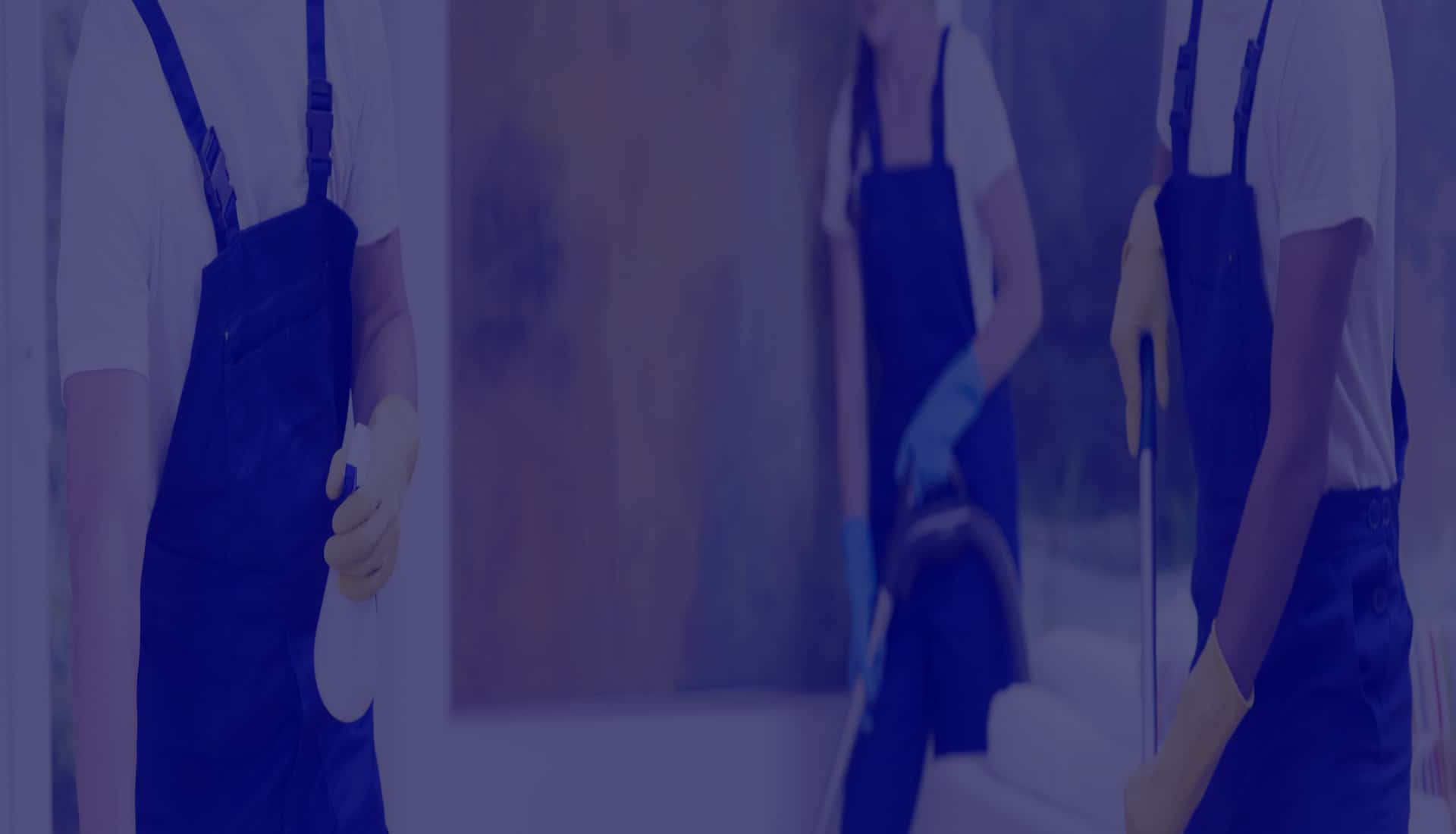6 myths about cleanliness
Often it is easier for us to follow some simple rules in cleaning the house/space. Unfortunately, sometimes our grannies’ advice may be not just inefficient but also harmful or costly. How did they become so used and how they turned into myths of cleanliness? Here are some answers, as well as the right solutions.
The windows are best cleaned with the newspaper
False! This is probably the most widespread and untrue myth in terms of cleanliness. Combined with alcohol, water or cleaning solutions, the newspaper will undoubtedly leave ink on the windows. They can appear as stripes or can be almost impossible to notice until the first rain. There is also the risk that the printing dye will be printed on the window frame and, depending on its material, become very difficult to clean. Use a white cotton cloth or paper napkins. These will get dirty faster, and you need to replace them often with fresh ones, but the result is safe and impeccable. Also, using the right material, it substantially reduces the need to use more substance for cleaning. A mixture of equal parts of water and vinegar is enough to clean the windows, the mirrors or any other glass surfaces in your house.
2. Carpets should not be cleaned too often because they are damaged
The most important thing is to clean the carpet according to the type of dirt or stain. Always read the instructions for use on cleaning products. Also, make sure that the method you use matches the material from which the carpet is made.
Here are some tips:
• cleans the stains as soon as they appeared;
• after applying a cleaning solution, vacuum again (after the carpet is dry again);
• If you are applying for professional cleaning services, determine the type of cleaning and the duration according to the carpet material;
• Also, never use the carpet while mat; make sure it’s dry before the team leaves your home;
• Avoid to beat the carpet very often – this aggressive method can lead to the destruction of the fabric.
A carpet well maintained will always be easier to clean and will not turn into a source of mites and microbes.
3. The fixative successfully cleanses the ink
Partly true! This method does not work anymore. Years ago, the principle was based on the alcohol-rich content of the fixative, the alcohol being the ink scavenger. Today there are more and more products on the market with a low amount of alcohol or even some products without alcohol.
Check the product label before applying it over a spot. If it does not contain alcohol, you can point to a deodorant or to a spray bottle filled with alcohol.
4. If I leave the dishes dirty in the sink, they will become dirty
True! No matter the nature of the aliments, the food remains will ferment and will develop extremely dangerous bacteria. Although not noticeable, the smell emanating from dirty pots easily explains this phenomenon. In addition, dry food will be much harder to clean, most of the time cleaning becomes superficial, while on the dish the traces of food still persist.
If you think you can postpone washing the dishes by filling the sink with water, you make an even bigger mistake. The wet environment is best suited for multiplying microbes and bacteria. When contaminated water comes into contact with the sponge, kitchen counter or other surfaces, it is necessary to disinfect them.
Therefore, if you want to postpone a bit of this activity, clean the plates and store them into the sink without adding water.
5. Chlorine is the best cleaning solution
Wrong! Both chlorine and chloramine are disinfectants, not cleaners. You can add chlorine into the water you use to wash, alongside the special detergent, but do not rely on it only to clean the dirt or grease. Chlorine can also be used to fight the mucus or to clean the washing machine.
Chlorine will always be diluted, and not pure, because the vapors are toxic, and pure substance can damage the skin. Use gloves and dilute a moderate amount of chlorine in water with which you clean (10-20 ml).
Careful! Chlorine discolors. Even a drop on fabrics will ruin them so be very careful!
6. If you double the amount of detergent, it also increases the cleaning power
Wrong! A larger amount of detergent will produce more foam and therefore more work. Whether we are talking about carpet, tile or dish detergent, the rule is the same. Surplus is not good!
When washing with a solution that contains too much detergent, it will be almost impossible to rinse the area to eliminate the surplus. Additionally, it will form a slippery surface, which will get easily dirty and full of microbes.
Therefore, use the amount of recommended solution on the product label.
Source: www.acasa.ro




